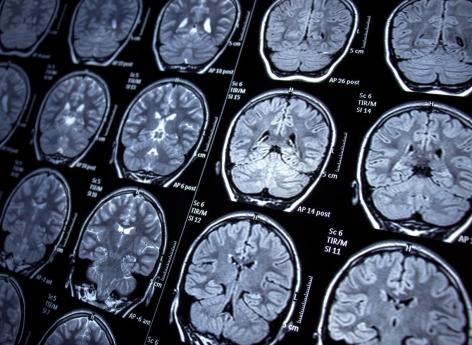THE ESSENTIAL
- 600,000 people suffer from epilepsy in France according to Inserm.
- A third of seizures do not respond to available treatments.
Alzheimer’s disease is the most common neurodegenerative disease in France, with around 1.2 million people suffering from it, according to health insurance. There is currently no cure for this disease, but scientific research continues to investigate in this direction.
Brain electrodes that enhance memory
And, indeed, a recent study published in the journal Frontiers in human neuroscience I just found an interesting lead. The researchers behind it have succeeded in developing a device capable of partially restoring the memory of patients suffering from brain injuries. These are brain electrodes that mimic the hippocampus – the area affected in case of memory impairment – and stimulate the encoding of memories.
To test their device, the researchers conducted a clinical study on 24 patients suffering from treatment-resistant epilepsy. This disease that affects the brain brings together several symptoms but the most typical manifestation of epilepsy is the epileptic seizure, of which there are two types: the generalized seizure and the focal seizure, according to National Institute of Health and Medical Research (insertion). The participants also suffered from brain damage.
All participants were fitted with brain electrodes and their memory capacity was assessed during tests. During the latter, they had to observe an image – when it was the first time, the electrodes were activated – and recognize it 15 to 90 minutes later.
Hippocampal function reproduced by brain electrodes
During this second phase, when the participants’ brains had to recognize the image, the brain electrodes reproduced the electrical signals coming from the hippocampus. “Our structured stimulation of the hippocampus while coding [de nouveaux souvenirs] improves recall and recognition up to 90 minutes later”explains Professor Robert Hampson in a communicated.
According to the results, the more significant memory problems the participants had at the start of the experiment, the more effective the brain electrodes were in restoring their memory abilities. Thus, researchers even estimate that some patients experienced improvements in their memory capacity of up to 50%.
“This is a profound improvement in restoring memory functionpoints out Professor Robert Hampson. Our goal is to be able to halt the decline in memory function and improve quality of life (…) of the patients with Alzheimer’s disease“.


